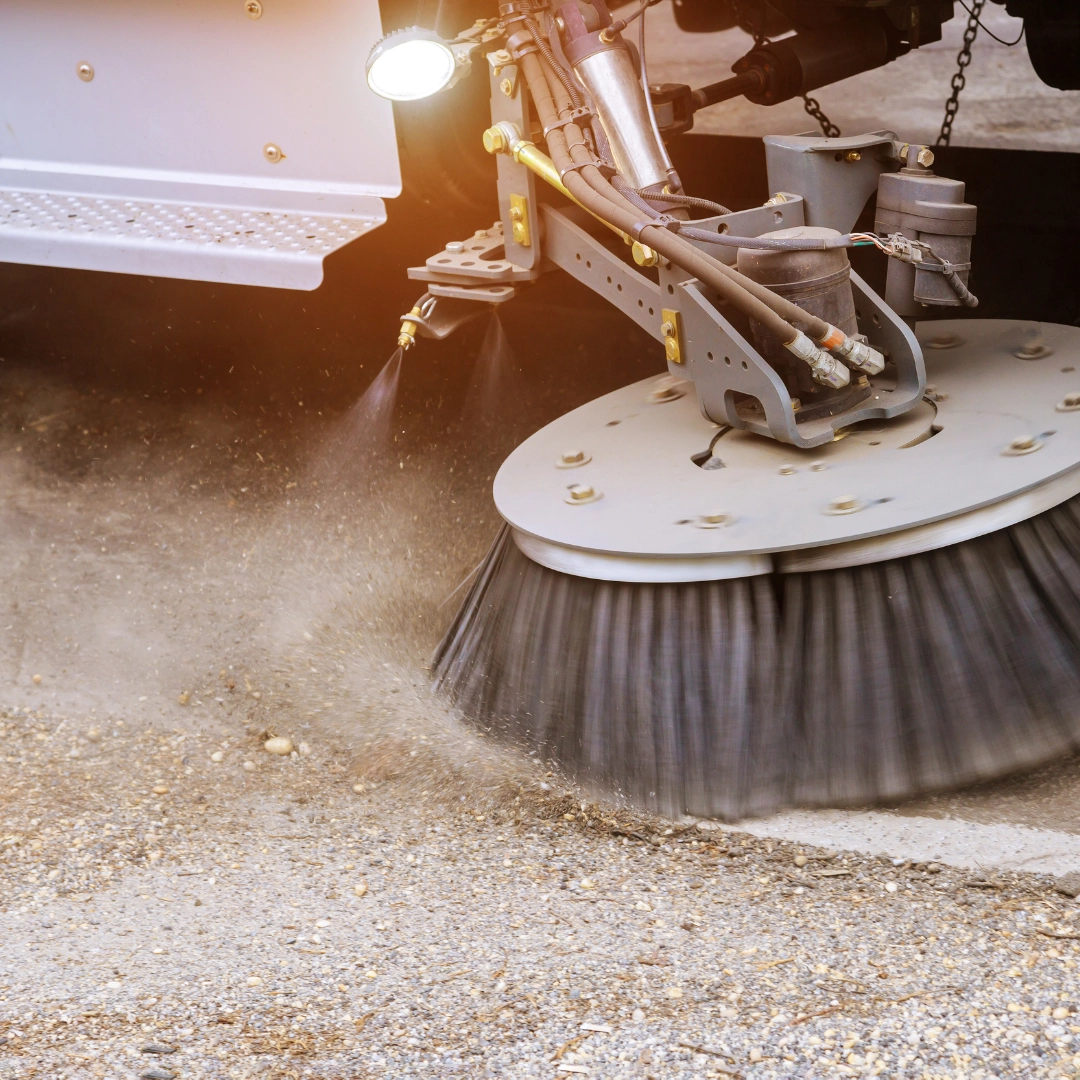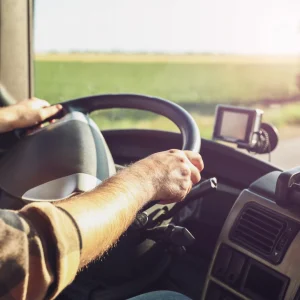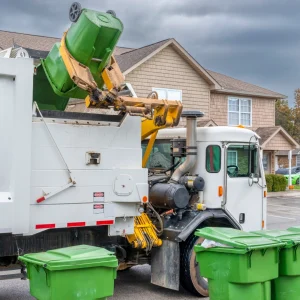Lets work together



Suite 3A, Chapel Allerton House, 114 Harrogate Road, Leeds, LS7 4NY
ukinfo@integrated-skills.com
+44 (0) 3300 888 670

Local Authorities are charged with the collection of multiple refuse and recycling streams. Add to that the UK’s impending domestic food waste collections and the continuing expectation for effective, eco-conscious street cleansing and winter maintenance (all under the constraints of very limited budgets) and you can see why many Councils are looking to integrated technology as an essential part of the solution.
Waste and recycling management, street cleansing and winter maintenance are complicated operations by nature. Vehicle-based and in-cab technology can streamline many of the nuanced tasks and processes involved. The data from onboard vehicle technology and in-cab systems can inform decisions around service performance, policy and strategy development, safety, and operational costs – as well as capital funds required.
Integrated Skills are focussed on providing software solutions for local authorities, solutions that work in harmony with other technologies to produce the results required: integrated thinking, integrated solutions, Integrated Skills.
Here we’ll be explaining some of the complex tasks and processes we can make simple through technology integration.
Vehicle Tracking

When you think of vehicle tracking, you likely assume it’s all about keeping tabs on the location of a fleet but there’s much more to it than that. Modern vehicle tracking provides data that can be used for:
A ‘live stream’ of vehicle tracking data allows for improved, faster responses to issues faced by crews while servicing. The operational ‘picture’ has gained greater granularity with the introduction of fleet telematics (more on this below), as well as vehicle-based camera technology which adds further insights. AI is of course also becoming a part of the picture – more on this later.
Safety, Compliance and Efficiency
Telematics provides the data needed to help ensure safety and compliance and can assist in achieving maximum efficiency of the collection operation. This technology combines telecommunication with informatics – allowing for remote monitoring and management of vehicles. GPS, multiple sensors and other in-vehicle devices come together to provide real-time data such as location, speed, engine diagnostics and insights into driver behaviour.
This information allows local authority managers to make informed decisions around safe driving and operational optimisation. It also gives them the information they need to encourage responsible, fuel-efficient driving.
Accidents are typically caused by human error; pedestrians, domestic car drivers and collection crews – a few are also caused by RCV driver fatigue. Monitoring drivers’ braking, speed, and safety device alerts can reduce the chances of collisions and incidents, ensuring road safety for all.
As lower speed limits are being introduced in some areas of the UK, adapting to these changes is paramount. Telematics, combined with in-cab navigation solutions, can ensure drivers stay within speed limits, improving safety and compliance.
The ‘minimum touch’ principle (the philosophy upon with SmartSuite Mobile was developed) ensures safety and compliance by logging completed, serviced streets automatically, with no need for drivers to press a ‘street complete’ button. Furthermore, this in-cab navigation and service verification solution can, at just the right time for the driver, visually and audibly announce any service or turn instructions e.g. “assisted collection at number 22” or “turn left in 200 yards”, minimising the need for the driver to touch the device.
To ensure drivers using the device are kept within the law, the screen can be disabled when the vehicle is in motion, whilst the screen can be viewed and instructions still spoken out.
Smart Technology and AI
Smart technology and clever use of Artificial Intelligence can turn vehicles into rolling data centres. The combination of data capture and AI tech can provide valuable insight into what fleets are actually collecting (or not collecting), and why.
North America’s largest recycler has equipped thousands of its collection trucks with cutting-edge technology. Cameras and specialised sensors scan the contents of bins and capture real-time video. These images are then sent to a centralised, AI-powered system identifies any overfilled containers or those not left in the right place for service, as well as contaminated bins.
“Contamination in the collection carts can slow the sorting of materials in the recycling chain or make regularly recyclable materials unsalvageable… the system emails customers their images along with educational information designed to deepen their understanding of what is and is not recyclable.
The expert guidance is intended to help customers make informed decisions when they fill their carts so additional and cleaner materials can be captured during the recycling process.”
The tech is reported to have reduced contamination occurrence during the pilot scheme by 20%.

Integrated Tech from Integrated Skills – Available Now
We’ve been shouting about the need for integrated solutions since our formation – hence the name. The key is to integrate software with vehicle hardware for maximum efficiency throughout the waste management, street cleansing and highway maintenance operation.
For example, we have clients that integrate data feeds from cameras, on-board sensors, bin sensors, telematics, salt spreaders and street cleansing brushes, GPS and route optimisation to streamline and boost efficiency.
Speaking of street cleansing – if streets don’t need sweeping, it’s important that the data can be provided to back-office. In contrast, if a street section is very dirty, it’s important that this be reported too. The back-office team can then review the frequency of cleans and resources can be shifted in response.
Being able to view real-time progress on sweeping routes and driver reports such as “Main Street – no access due to parked cars” is critical to managing services efficiently.
Integrated Skills’ game-changer is linking telematics to the live view – including “brushes up/down” and weed spraying activity. An impressive data archive is created that can be reviewed to understand what work was completed and how service efficiency and effectiveness can be improved.
Looking to the Future
With so much new technology becoming available, some companies are prepping to take things to the next level. For example, Volvo Group, together with Swedish waste specialist, Renova, are trialling self-driving trucks and pay-by-weight systems.
The scheme is exploring how automation can contribute to improved safety and working conditions, as well as a lowering environmental impact. From a reduction in common knee problems, to charging customers according to the weight of their refuse, this combination of integrated tech is a huge leap forward.
“There is amazing potential to transform the swift pace of technical developments in automation into practical benefits for customers and, more broadly, society in general. Our self-driving refuse truck is leading the way in this field globally, and one of several exciting autonomous innovations we are working with right now.” Lars Stenqvist, Chief Technology Officer at Volvo Group.
In summary, integrating vehicle-based technologies with waste management software results in improved cost control, eco-friendly practises, and prioritised employee and public safety – all through the clever integration of software and hardware.
Local Authorities will see a significant ROI if they spend their budgets wisely and realise the potential gained through the integration of technologies.
Would you like to know more about Intelligent Integration of Vehicle-Based Technology: Creating Maximum Impact for Local Authorities? Fill in your details below and let us know how we can help.
Website Designed & Built by we are CODA